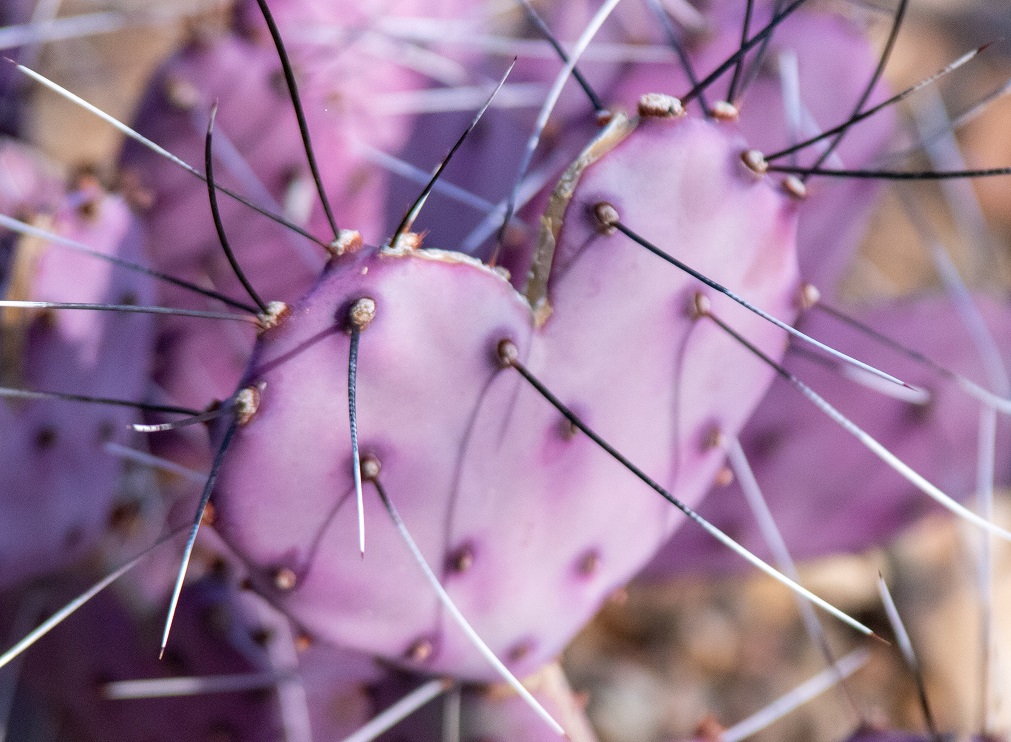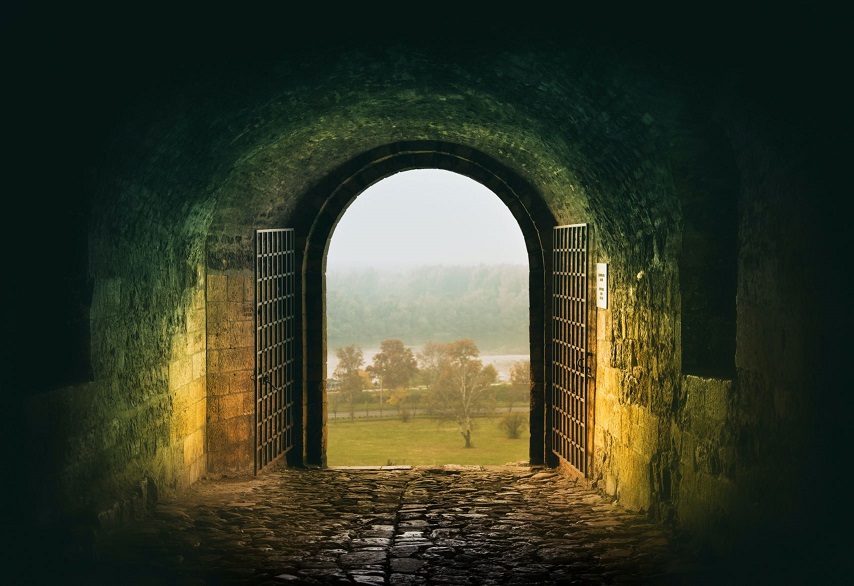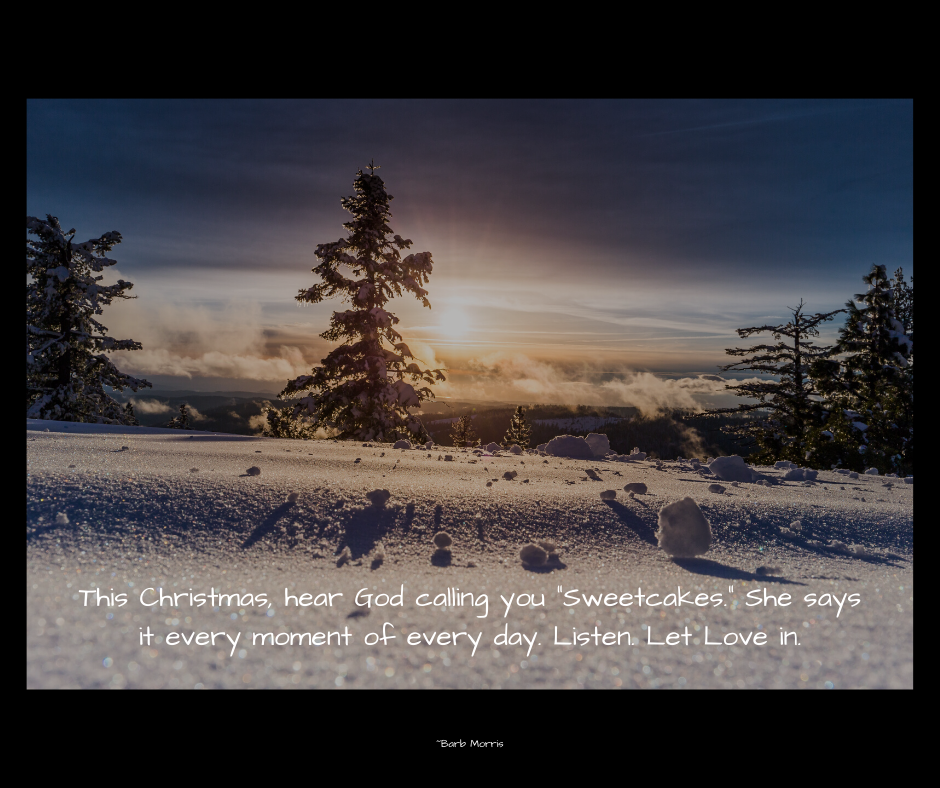“Pain is inevitable; suffering is optional.” This statement drives my clients bananas, and not in a good way.
After giving you three ways and then three more ways crappy theology might be causing you to suffer, I want to be clear about how I understand the difference between suffering and pain.
Many theological, spiritual, life-coachy teachers use them interchangeably. I wish they wouldn’t. There is absolutely nothing redeeming about suffering except that maybe eventually we get tired of it and we learn how not to do it.
Pain, on the other hand, can be the beginning of healing.
Pain is what you feel when you hit your thumb with a hammer—nerves fire and send distress signals to your brain to activate your body’s healing response. Suffering is when you call yourself an idiot because you hit your thumb with a hammer.
Pain is the elemental grief you feel when your mother dies, and you miss her bodily presence in the world. Suffering is the sludge you begin to swim in when you think she shouldn’t have died, or that she did dying wrong.
Pain is what you feel in your knee when bone rubs against bone. Suffering is when you think you shouldn’t have arthritis in your knee, or that you caused the arthritis in your knee, or that people who have arthritic knees are old and useless.
Pain and suffering feel different in your body. Pain opens you up and moves through you, making you bigger in the process. Pain is time-limited. It rises and subsides. Suffering closes you down and shrinks you, and it can hang around for decades, until you finally see it for the choice it is and do the work to release it. (Want to explore this together? Contact me here to schedule.)
Pain is creative and healing. Suffering is victimhood and it will kill you.
Pain opens you up for rebirth, for the next stage, iteration, creation of who you are becoming. Suffering keeps you stuck and stagnant and refusing to ride the holy wheel of change. Too bad, because resistance to change is ultimately futile. Change is the way of the universe, and refusing to go along with the divine program will only cause you to suffer.
Pain is a human response to something outside of us—aging, death, illness, loss, injury. Suffering we do to ourselves.
One Buddhist term for suffering is the “second arrow.” The first arrow strikes us from outside. We shoot the second arrow ourselves, at ourselves.
My dad’s fatal accident and my mom’s too-young cancer death were painful. They came from outside of me and were events over which I had no control. But I caused my own suffering when I made these circumstances mean things about me and about the nature of God. When I made them mean that I was expendable and didn’t deserve love, and that the Universe is capricious and cruel, I was causing myself suffering.
Their deaths were the first arrow. I didn’t know that all I needed to do about their deaths was grieve them. To feel the incredible loss, and to explore the contours of these new holes in my heart. My only job was to feel the pain, and to heal.
What sane alternative do any of us have to events outside our control that cause us such pain? Resisting reality causes suffering. Judging ourselves causes suffering. Shooting that second arrow into ourselves causes suffering.
Go ahead and feel the pain, knowing it will pass. Your heart is big enough, I promise you.
Pain heals you. Suffering only keeps you in hell.
A few resources:
Here’s Buddhist psychotherapist Dr. Tara Brach on the subject of pain and suffering: https://www.tarabrach.com/the-dance-with-pain/
Practitioners of Acceptance and Commitment Therapy (ACT) call suffering “dirty pain.” In this Unf*ck Your Brain podcast episode Kara talks about the difference between clean pain and dirty pain, and how to get yourself out of dirty pain. https://unfuckyourbrain.com/clean-v-dirty-pain/
Photo by Sarah Wolfe on Unsplash
PS. My weekly letter is where you’ll find updates for my coaching business – openings, events, and new classes. You can subscribe here. Thanks!



